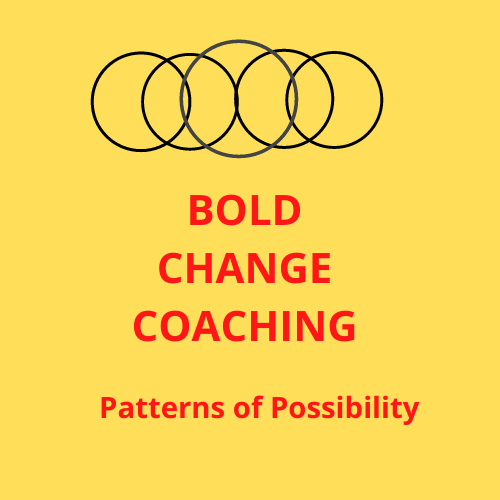 When someone, anyone, can’t breathe, the first thing a responder should do is check the airway and clear it. That’s just basic first aid.
When someone, anyone, can’t breathe, the first thing a responder should do is check the airway and clear it. That’s just basic first aid.
In adaptive action you ask – what is blocking their breathing? What do you see?
In these days of racial tension across the world sparked by George Floyd’s death, the list is long – racism is the centre of it; police acting unjustly, inhumanely; unacknowledged privilege of white people and culture; injustice in sentencing; and stretching to treaty rights violated; upstream pollution causing unchecked downstream health issues on reserves; police carding young black and brown men in cities for no reason; and witnessing so many other instances of unjustified deaths of black people… and on and on.
George Floyd in Minneapolis died after his throat and body was pinned under the knees of three police officers for over 9 minutes, while he asserted “I can’t breathe,” in an ever weakening cry, all while being videotaped by an onlooker. The knee on his throat was held nonchalantly while another police officer made the onlooker stand back. No one could come to his aid.
Over the past few months, police in other states have invaded a black woman’s home while she was asleep and shot her, thinking they had the right to do so in pursuit of an ill-conceived drug warrant. An Indigenous woman was killed by police doing a wellness check in New Brunswick. A black man jogging in a park was shot by some white men driving by, thinking (?) he was running away from a crime. And a woman phoned the police in fear for her life, from a black man in a park bird watching, asking her to leash her dog. What are white people afraid of? What stops them from asking questions before shooting to kill?
Are they afraid of the colour of their skin? Of some racial guilt over historic slavery? Of violence being done to them because of an unspoken threat that all blacks hate all whites? Is it just a blatant prejudice that erupts to cause white people to distrust black people because they are different, lesser than, less valued than white people and therefore more easily dispensed with? Why is this so? Why not feel this way about people with green eyes? or curly hair? Who’s to say such people are not as wickedly different?
So What does this fear, prejudice and anxiety mean going forward? Overcoming fear and anxiety comes with understanding, listening and willingness to learn. Escalation of violence blocks such opportunities. It is the privileged who must do the work of learning and listening and turning to anti-racist texts to understand the pain which people of colour have endured historically and in present day.
Overcoming prejudice is more challenging. First you have to acknowledge that there is an unreasonable discrimination going on in your selection of something to feel different about. Then you have to examine the reasons why you feel different about it. And work out how those reasons came to affect your choices. Then look at the relative value of your choices against other choices. You can decrease prejudice by increasing discrimination – until every person is seen as unique for some special reason.
So What do we want to be different from the past and present racial tension that exists? Brené Brown tells us that vulnerability is the best marker of courage. Perhaps those who serve the law need to own up to their vulnerability rather than shelter themselves behind shields, clubs, and military style actions and talk with communities about who they are and what they hope for in their work. And maybe communities need to be open to those conversations. Building bridges of concern and connection might go some way to de-escalation and defensiveness. But neighbourhoods need to find their own solutions, those that work for themselves with law enforcement, with gangs and people of colour, indigenous reserves, and their white neighbours.
So What differences will make a difference to the racism that we see and that we don’t yet see in our world? I believe we need to see the human being in each of us, no matter the class, the race, the gender, the history… we need to reach out and touch our mutual humanity. We share a collective spirit, wanting to be better, do better and have better for our children and for the planet. Only when we talk together, grow together will this happen.
The spark that makes a difference could be anything that lightens the load of bleak darkness that currently has settled on many communities across the USA, and the world in response to a knee on a black man’s throat. Now, let’s apply some basic first aid principles and clear that airway, begin to breathe together again, talk and really listen to each other again. With voices of concern and caring.

